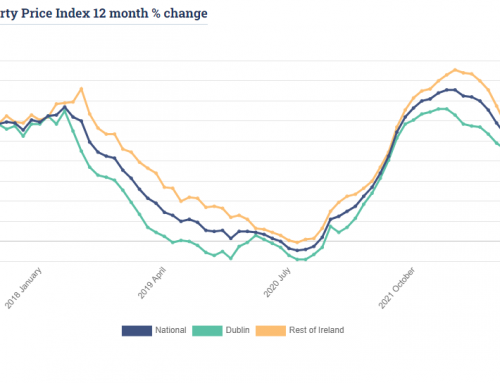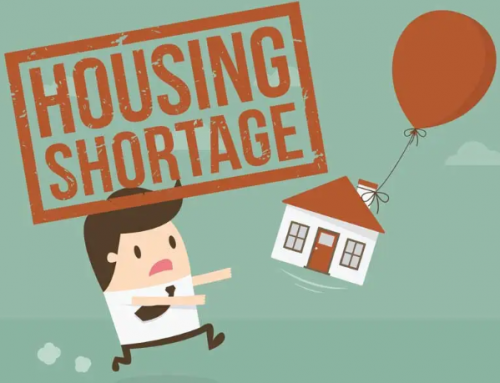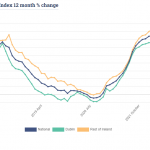About 15% of cash purchasers are first-time home buyers, many helped by parents
Some 15 per cent of cash purchasers in the residential housing market are first-time buyers, according to an analysis by estate agent Savills.
John McCartney, director of research at Savills, said this was due to purchasers “relying on the bank of mum and dad as they wouldn’t have the money for a deposit”.
He said cash buyers account for 47 per cent of all sales in the market, with 15 per cent of these being first-time buyers. The latter figure is drawn from an analysis of sales by Savills to cash buyers, mostly in Dublin.
Mr McCartney’s comments follow a review by Savills of the Central Bank’s tighter mortgage lending rules, introduced in January 2015. These require that first-time buyers have a 15 per cent deposit on house values up to €220,000 and 20 per cent for the balance. Other buyers must have a 20 per cent deposit in place.
Mr McCartney said the new rules had contributed to inequality and the return of a commuter culture.
“Even before the new rules came in, first-time-buyers were facing significant challenges,” he said. “Continued house-price growth meant that the deposit they needed was rising naturally. Also, in the post global financial crisis world, homebuyers could no longer expect the real value of mortgage debt to be quickly eroded by inflation.
“Adding the new macro-prudential rules to these factors has led to increased inequality as first-time-buyers with access to family wealth havea distinct advantage.”
Mr McCartney said the Central Bank’s rules have contributed to an increase of 3,000 units in rented stock, as investors move to capitalise on demand from people who cannot meet tighter lending criteria.
The number of rented households has risen from 458,000 at the end of 2014 to 461,000 in mid-2015, according to an analysis of unpublished data from the CSO’s quarterly national household survey.
Mr McCartney said this development brings its own difficulties. “In the UK, the governor of the Bank of England has repeatedly warned that, if the private rented sector gets too big, there is a danger that a stampede of investors could sell their properties at the same time in response to a hiccup in the market. This is contrary to the objective of financial stability as it could lead to a sudden drop in prices creating negative equity in the mainstream housing market.
“The inflow of investors [in Ireland] is being partially offset by an outflow of boom-time landlords forced to sell. However, with rents rising and average yields outstripping the returns that are available on deposits, the buy-to-let sector has the potential to grow very rapidly and this needs careful monitoring.”
Article by
Ciarán Hancock – The Irish Times.








